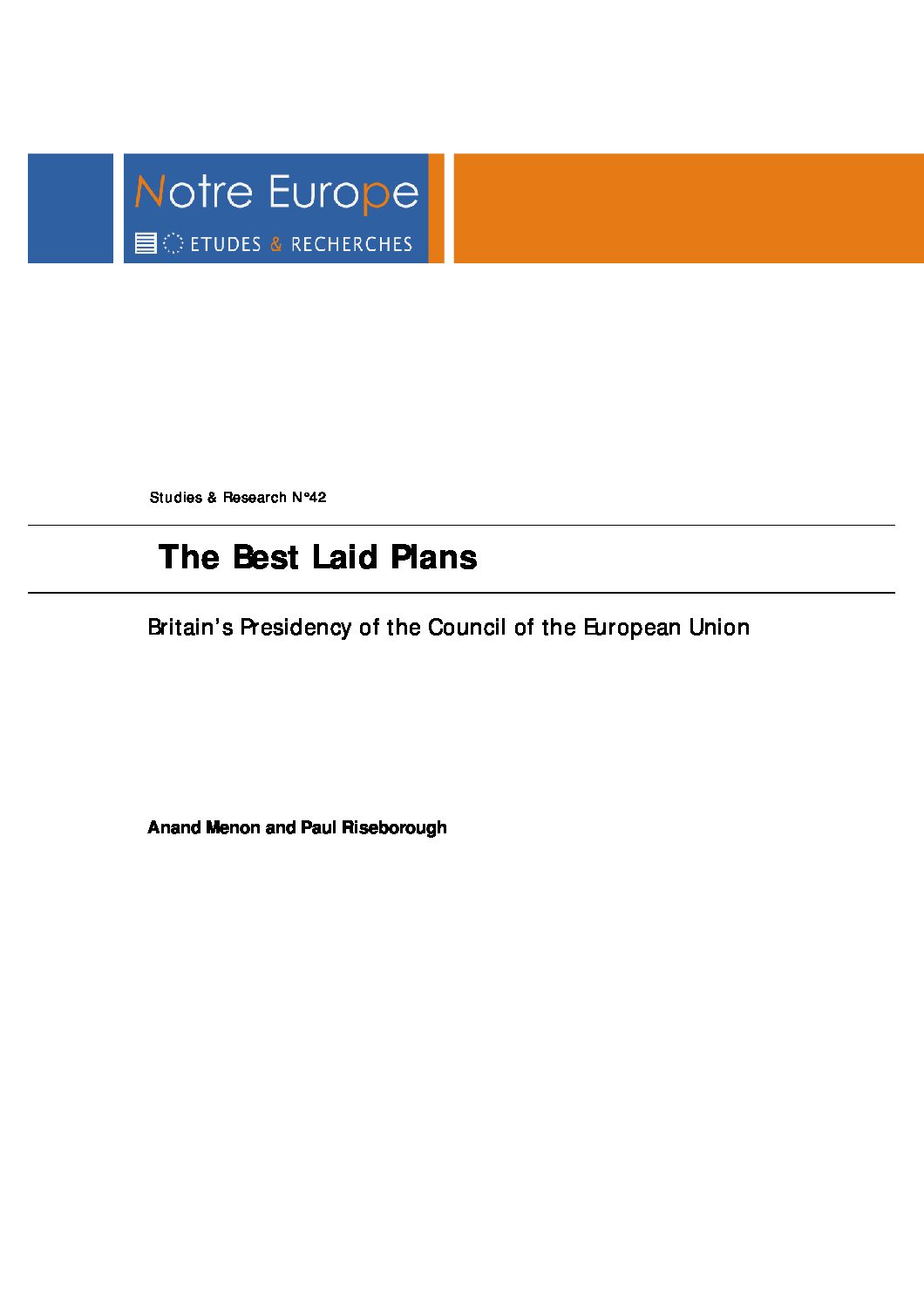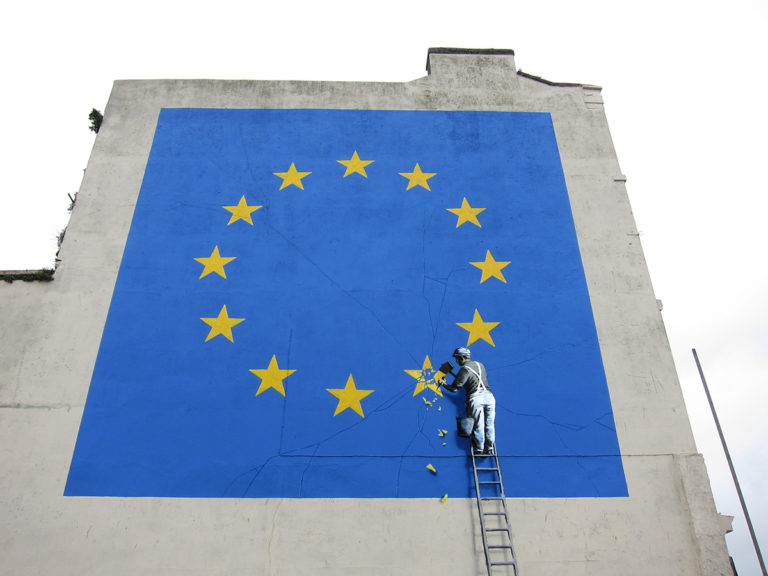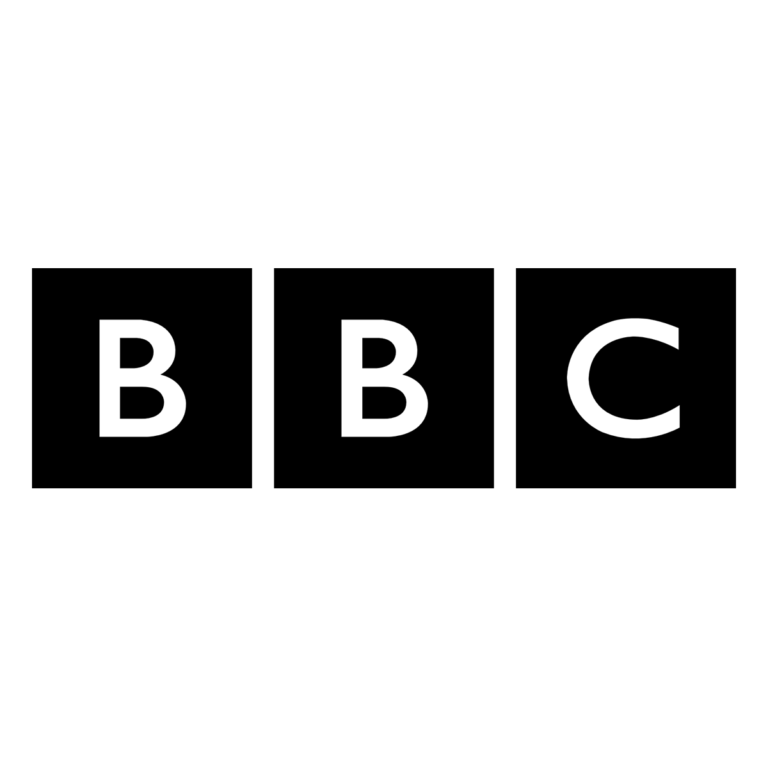Report
The best laid plans: Britain’s Presidency of the Council of European Union
The forthcoming half-year will not simply be a case of “business as usual”. The authors of this study have given us a number of pointers to provide us with a better understanding of the issues on the table, in a period that promises to be full of uncertainty.
Foreword
When Notre Europe embarked on this study, which forms part of a henceforth consolidated series of reflections on the ambitions of successive Presidencies, nothing suggested that the British Presidency would make much of a splash. The signals coming out of London gave the impression that pragmatism was the order of the day. Public mistrust appeared to preclude any major initiatives; it appeared that efforts would be channelled into issues on which tangible results could be expected, such as the environment and development cooperation, and that best use would be made of one of the UK’s traditional strengths, namely its high-quality civil service.
A few months on, and the outlook has changed dramatically. On the back of an audacious gamble, Prime Minister Tony Blair succeeded where his Labour predecessors had failed, and the electorate delivered him a third term of office. The rejection of the draft constitution by France and the Netherlands has undermined the “constitutional” process, to which the British government had only previously paid lip service, and has at the same time ruled out the scenario of a referendum that all of the opinion polls were saying would be extremely dangerous exercise. Now with that rare commodity in politics, time, Tony Blair has seen unexpected room for manoeuvre open up before his eyes. Trouble has piled up elsewhere, however.
The situation in Iran and Iraq has led the Union to question the role it wishes to play on the international stage. The breakdown of talks on the Financial Perspective has also demonstrated how difficult it is for the 25 to agree on shared ambitions and on how to achieve those ambitions. The frustrations and concerns that came to the surface during the referendum campaigns called for a measured response, and the same is also true of the issue of the Union’s borders, which the opening of negotiations with Turkey is set to push onto the agenda. The evidence suggests that the forthcoming half-year will not simply be a case of “business as usual”. One of the achievements of the authors of this study was to react quickly to this radical change in the backdrop to the UK Presidency.
The study has been revamped accordingly, and the authors have given us a number of pointers to provide us with a better understanding of the issues on the table, in a period that promises to be full of uncertainty. The evidence suggests, as they rightly point out, that it is too late for a machine as complex as the EU to change course. The Union must, rather, meet unexpected challenges head on. The way in which London chooses to address those challenges might go some way to determining its place in Europe, and perhaps even the Union’s future.
SUR LE MÊME THÈME
ON THE SAME THEME
PUBLICATIONS
Brexit and External Differentiation in Single Market Access

Should there be another Brexit-referendum? Risks and opportunities

Between amputation and strengthening: what Brexit?

MÉDIAS
MEDIAS
“Le monde occidental a totalement manqué de coordination pendant la crise.”

« The real key issue is whether or not the UK diverges from EU regulatory standards »

“the UK-EU trade deal will not be an ordinary one”

ÉVÉNEMENTS
EVENTS
Euroquestions | What place for Europe in scottish nationalism ? (FR)

The EU-UK deal – A basis to build upon?

Paris, 18 March 2019 – Europe, what project for today?

Rome, 12 March 2019 – The future of the EU

Lille, 26 February 2019 – Hauts-de-France and the United Kingdom: what future in common?

3 December 2018 – Is Brexit Reversible?

Paris, 11 June 2018 – Round table on Brexit

Louvain, 19 April 2018 – Brexit? Really?
















